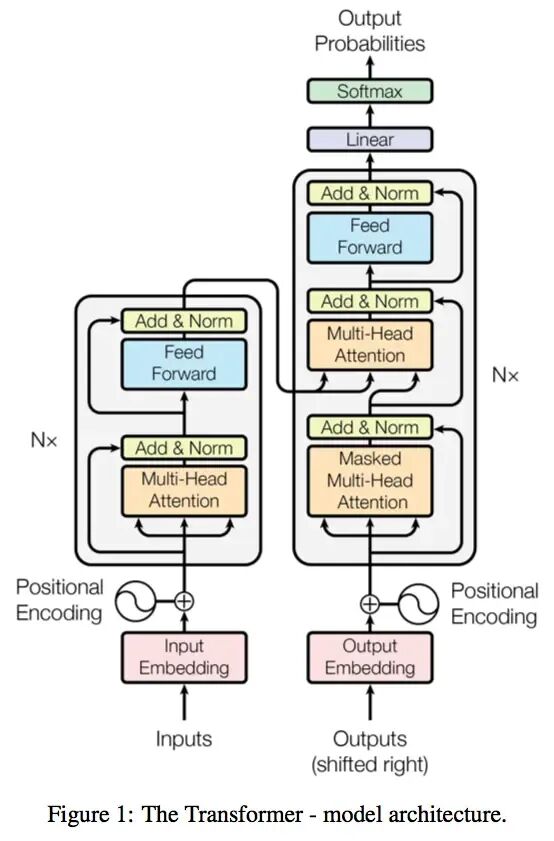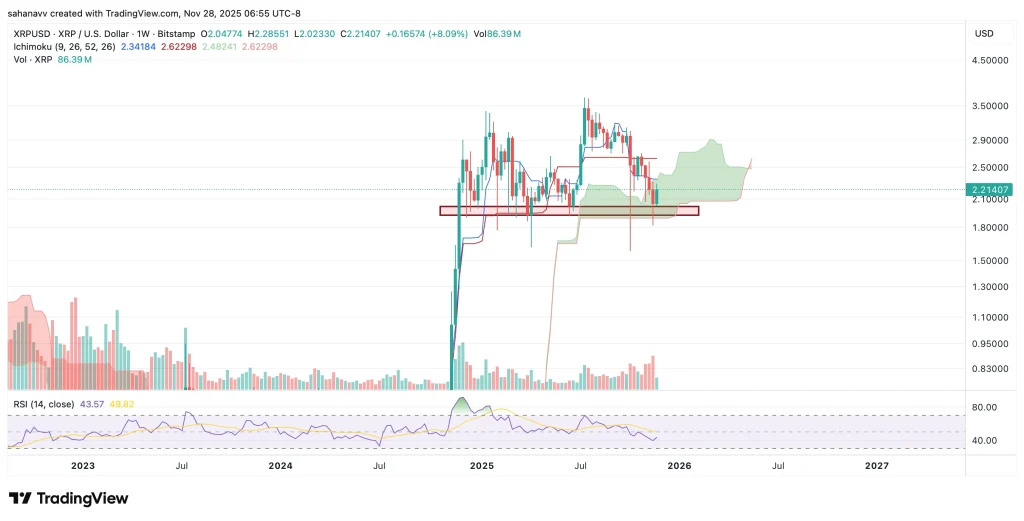Author: Hou Xintong, Yicai Global
At a time when markets and other central banks around the world are concerned and questioning whether the Trump administration is endangering the Federal Reserve's independence, U.S. Treasury Secretary Scott Bessent recently published an opinion article stating that the Fed's own problems—including policy mistakes and functional expansion—are what truly threaten its independence, and called for a comprehensive, independent review of the Federal Reserve.
Bessent traced back to the 2008 financial crisis, stating that one might think the new tools created after 2008 and the centralization of financial markets would give the Fed deeper insight into the direction of the economy, or at least enable it to guide the economy more effectively. But this was not the case. In 2009, the Fed predicted that real GDP in 2011 would accelerate to 4%. Instead, growth slowed to 1.6%. During this period, the Fed's two-year forecasts cumulatively overstated actual GDP by more than 1 trillion USD. "Repeated mistakes show that the Fed is overly confident in its own abilities and in expansionary fiscal policies to stimulate growth. When the Trump administration shifted to tax cuts and deregulation, the Fed's forecasts became overly pessimistic, highlighting its reliance on flawed models and neglect of supply-side effects." He added that the continuous interventions during and after the 2008 financial crisis provided de facto support to asset owners, but younger and less wealthy households were excluded from asset appreciation and thus suffered the most from inflation.
In addition to policy mistakes and exacerbating the wealth gap, Bessent further wrote that the Fed's "ever-expanding footprint" has profound implications for its independence. By extending its authority into areas traditionally reserved for the fiscal sector, the Fed has blurred the lines between monetary and fiscal policy. The Fed's balance sheet policies directly affect which sectors receive capital, intervening in areas that should belong to the market and elected officials. He said the Fed's entanglement with Treasury debt management also creates the perception that monetary policy is being used to meet fiscal needs, and that the President and Congress can rely on the Fed to bail out the government after poor fiscal choices.
Furthermore, Bessent wrote that the Fed's excessive regulation has also worsened the problem. The Dodd-Frank Act greatly expanded the Fed's regulatory scope, making it the primary regulator of U.S. finance. Fifteen years later, the results are disappointing. The collapse of Silicon Valley Bank in 2023 demonstrated the dangers of combining regulation and monetary policy. The Fed regulates, lends to, and sets profitability calculations for the banks it oversees, creating an inevitable conflict that blurs accountability and endangers independence. He suggested that a more coherent framework would restore specialization: authorizing the Federal Deposit Insurance Corporation and the Office of the Comptroller of the Currency to lead bank regulation, while allowing the Fed to conduct macro supervision, act as lender of last resort, and manage monetary policy.
"The Fed's expansion of duties beyond its statutory scope has damaged its own credibility and political legitimacy. Excessive use of non-standard policies, mission creep, and institutional bloat threaten the central bank's independence." Bessent concluded, "The core of independence lies in credibility and political legitimacy. The Fed's expansion beyond its authority has threatened both its credibility and political legitimacy. Large-scale interventions have produced severe distributional consequences, undermined credibility, and threatened independence. Looking ahead, the Fed must reduce its distortions to the economy. Unconventional policies such as quantitative easing should only be used in true emergencies and coordinated with other federal government departments. There must also be an honest, independent, and nonpartisan review of the entire institution, including monetary policy, regulation, communication, staffing, and research."
Bessent's opinion piece appears to signal an escalation in the Trump administration's criticism of the Federal Reserve, moving beyond merely calling for rate cuts to questioning the Fed's overall operational model and its foundation as an independent institution. This situation also confirms previous concerns among market participants. As early as when the Trump administration suddenly eased its pressure on Powell to cut rates and instead seized on the Fed building renovation case, Swiss Pictet Wealth Management senior U.S. economist Cui Xiao told Yicai Global that the Trump administration might use the renovation case as a pretext to propose more oversight and institutional reforms for the Fed, which would create greater room for maneuver and possibilities than simply dismissing Powell.
Trump's preferred successor to the Fed chair, Warsh, has also previously called for a comprehensive reform of the Fed's operations and suggested drafting a new "Treasury-Fed Accord" to replace the 1951 Treasury-Fed Accord, which former Fed Chair Paul Volcker called the "Charter of Central Bank Independence." "Once changes begin, many mechanisms could be reformed or altered, essentially opening a 'Pandora's box'," Cui Xiao said. In this way, Trump would find it easier to impose his policy preferences on the Fed.



